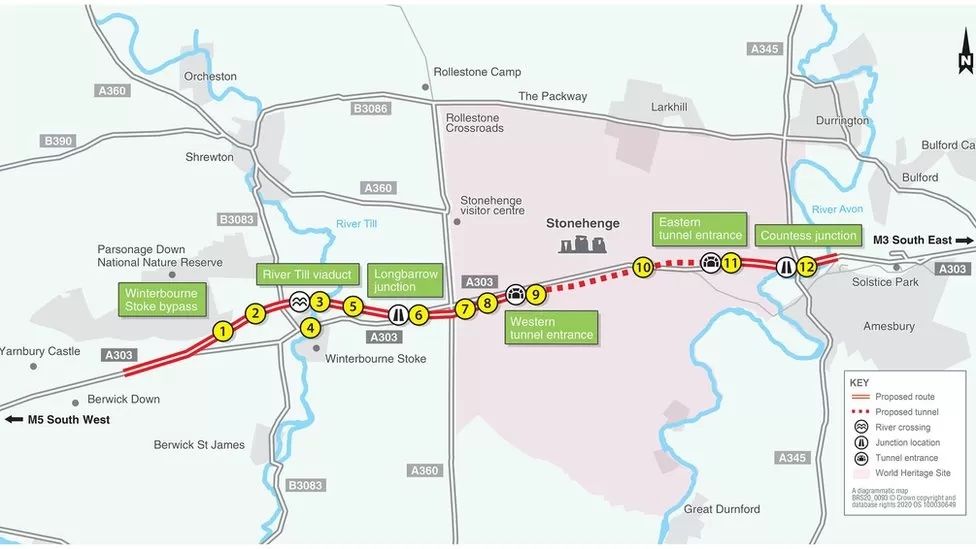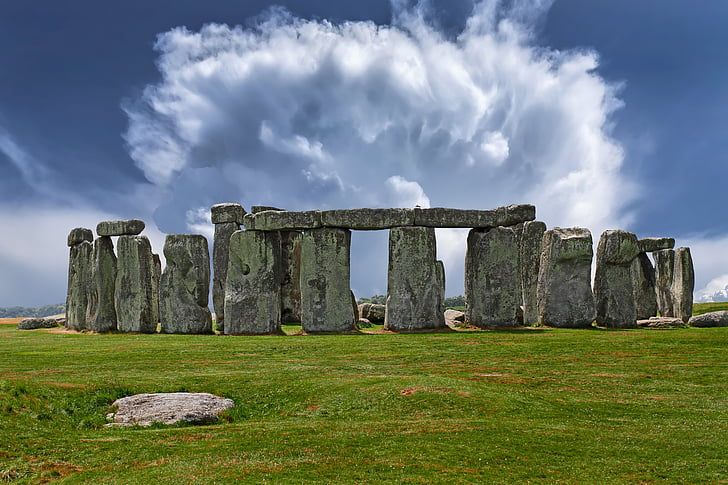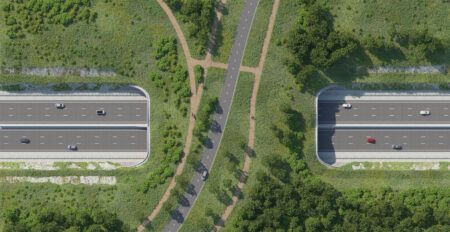UNESCO, the United Nations’ cultural body, has issued a second plea to the UK Government, urging it to cease its controversial plan to construct a two-mile-long tunnel in close proximity to the world-famous Stonehenge monument.
The £1.7 billion tunnel project gained government approval earlier this year with National Highways tasked with overseeing the ambitious undertaking. The planned tunnel will reroute the single-carriageway A303 road, currently running parallel to the ancient stone circle in Wiltshire, and transform it into an underground dual-carriageway.
UNESCO’s latest request to alter the redevelopment has received the backing of 21 member states, solidifying international concern over the fate of this iconic heritage site. According to the statement issued by UNESCO, the current plan “remains a threat” to the overall value of Stonehenge as a cultural and historical landmark.
This marks the second time UNESCO has made such an appeal. The organization previously issued a warning in 2021, cautioning that Stonehenge could be added to its list of endangered World Heritage sites if the tunnel project were to proceed in its previous form. Campaigners took the UK Government to the High Court, which eventually ruled the project to be unlawful.
After this major setback, in July 2021, the UK Government updated the scheme, which aims not only to relieve congestion on the busy road but also return the Stonehenge site to the state of peace and tranquillity that it would have enjoyed prior to the advent of motorized transportation.

However, after the approval of the updated plan, campaigners against the tunnel led by Stonehenge Alliance (SA) and Save Stonehenge World Heritage Site (SSWHS), began further legal challenges, pointing to the fact that important archaeological sites could still be disturbed and that the entrances to the tunnel are too close to the stones.
“The government appears both blind and deaf to concerns about the damage it will perpetrate on this historic and much-loved landscape,” said John Adams, one of the three directors of SSWHS. “It has ignored concerns raised by UNESCO and seems hellbent on bulldozing this scheme through before it gets thrown out of government.”
Now it is clear that UNESCO agrees with the campaigners saying in its latest statement: “the minimum change required must include an extension of the underground section of the western approach to at least the western boundary of the property.” It has asked the UK government to make the requested alterations to the plan by 1 February 2024.
Following the second round of legal challenges David Bullock, National Highways’ project manager, said: “We remain confident this scheme is the best solution for tackling a long-standing traffic bottleneck, improving journeys, bringing much needed relief to local communities, boosting the economy in the south-west, while returning the Stonehenge landscape to something like its original setting.” However, Bullock has yet to make any further statement following the UNESCO intervention.





